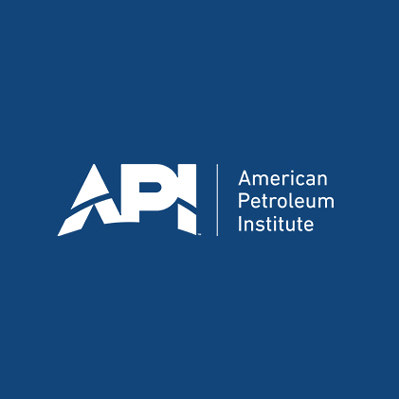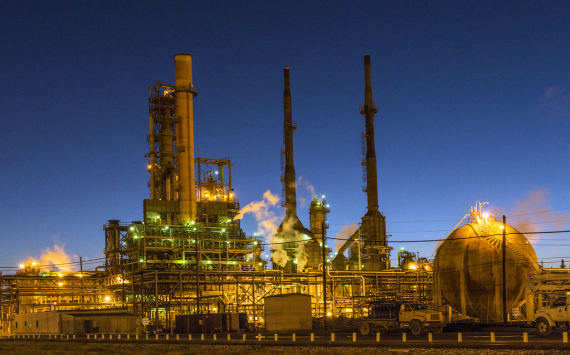Description
The American Petroleum Institute (API) is the largest U.S. trade association for the oil and natural gas industry. It claims to represent nearly 600 corporations involved in production, refinement, distribution, and many other aspects of the petroleum industry.
The association describes its mission as to promote safety across the industry globally and influence public policy in support of a strong, viable U.S. oil and natural gas industry. API's chief functions on behalf of the industry include advocacy, negotiation and lobbying with governmental, legal, and regulatory agencies; research into economic, toxicological, and environmental effects; establishment and certification of industry standards; and education outreach. API both funds and conducts research related to many aspects of the petroleum industry.
History
Although some oil was produced commercially before 1859 as a byproduct from salt brine wells, the American oil industry started on a major scale with the discovery of oil at the Drake Well in western Pennsylvania in 1859.
The American Petroleum Institute was founded on 20 March 1919 and based in New York City.
In 1959, at a symposium organized by the American Petroleum Institute and the Columbia Graduate School of Business for the centennial of the American oil industry, the physicist Edward Teller warned then of the danger of global climate change. Edward Teller explained that carbon dioxide "in the atmosphere causes a greenhouse effect" and that burning more fossil fuels could "melt the icecap and submerge New York".
In 1969, the API decided to move its offices to Washington, DC.

























